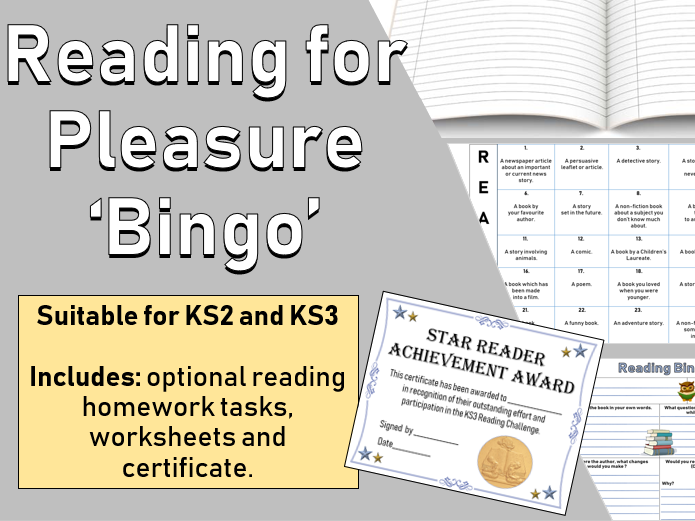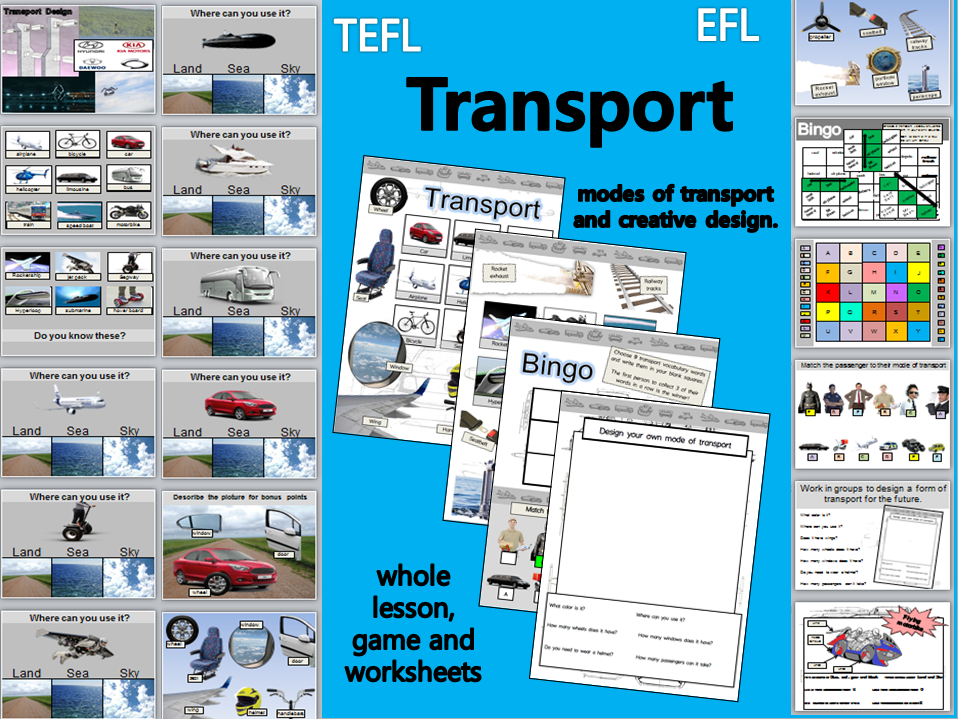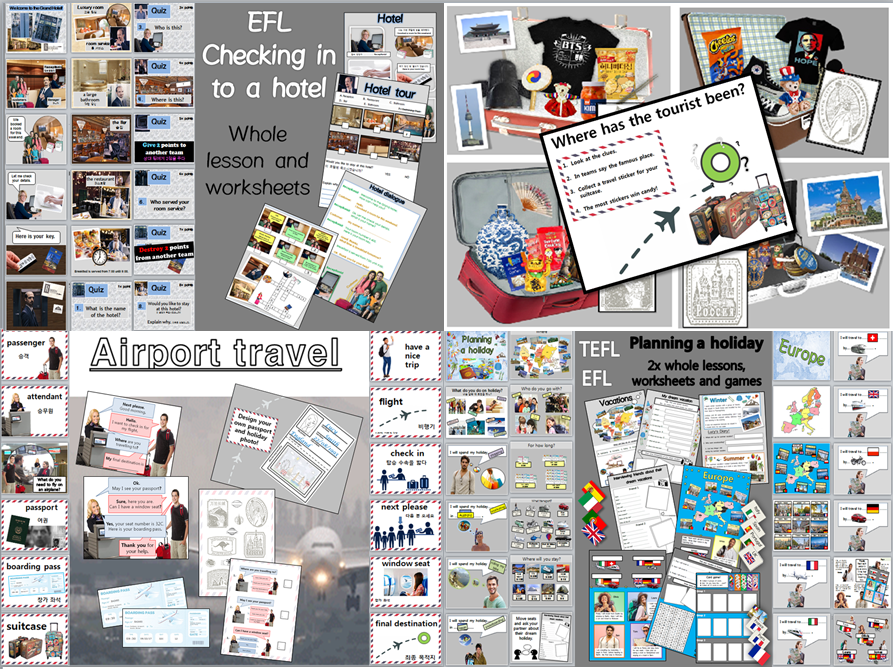Novel Teaching UK
Shakespeare, Creative Writing and TEFL resources. Created by a qualified secondary school teacher who has taught KS3, KS4 and KS5. Browse my shop to find a variety of affordable resources, full lessons and worksheets related to the study of Language and Literature across the age ranges.





















